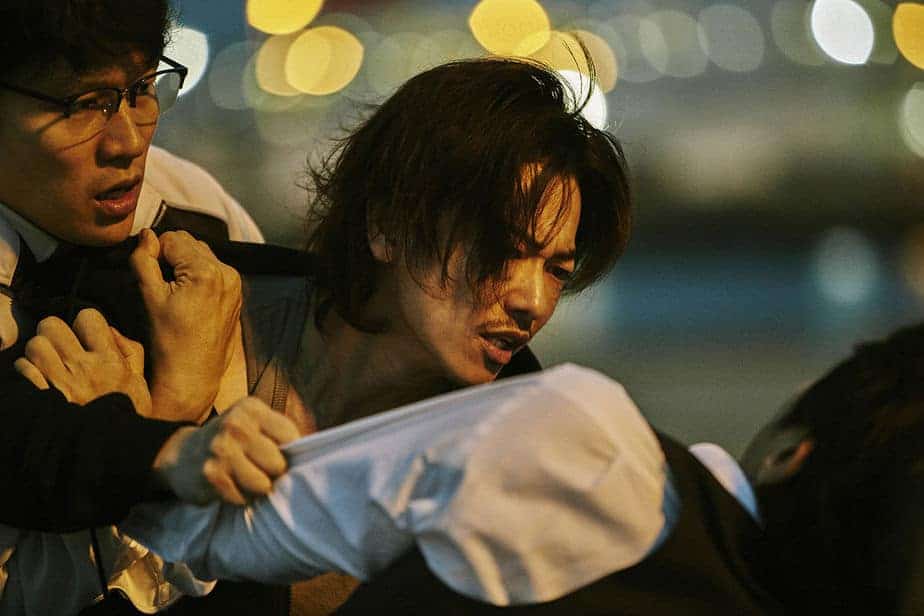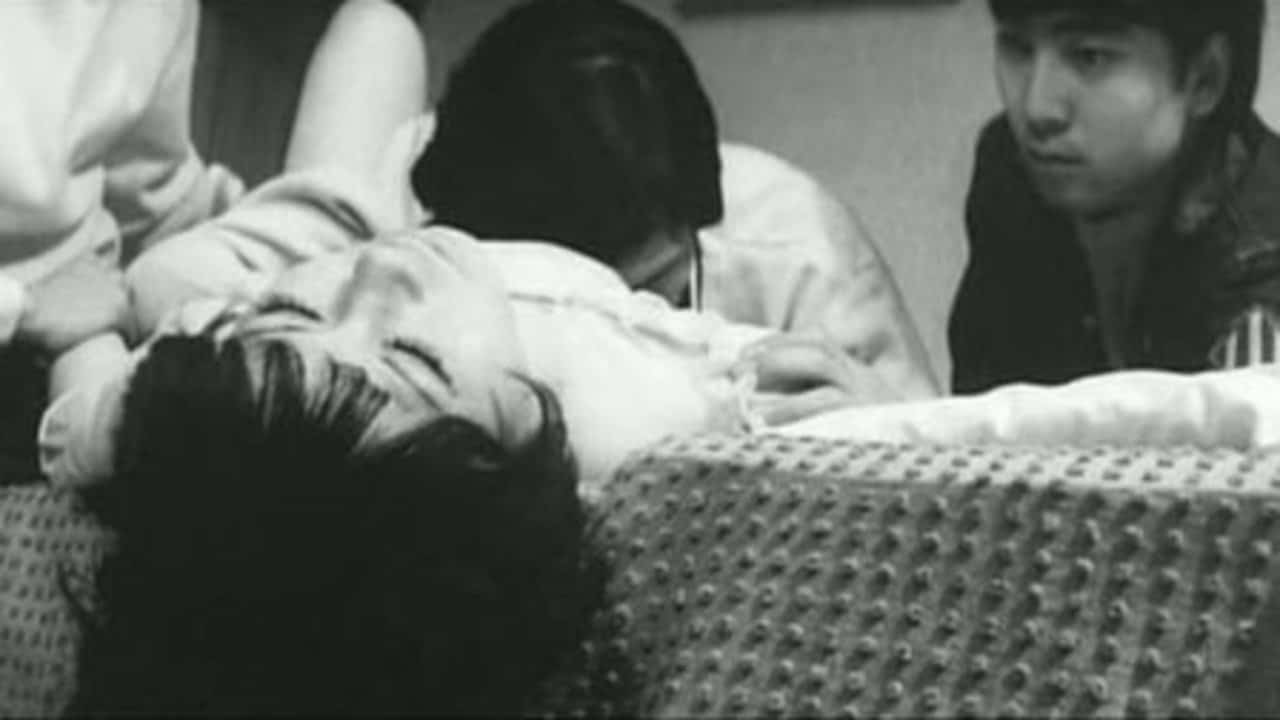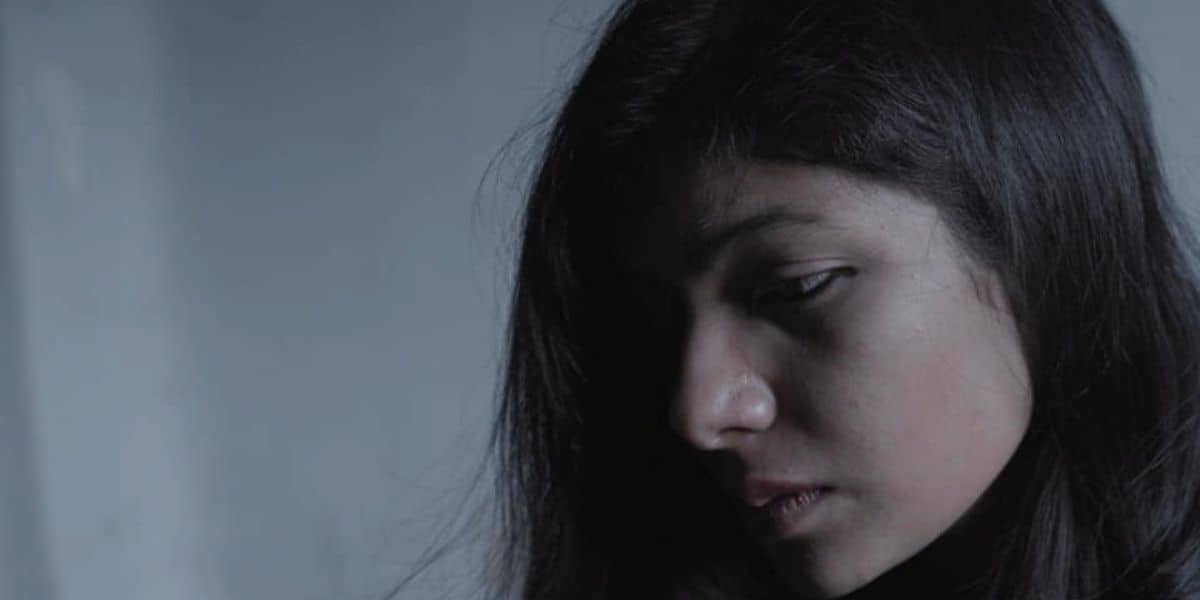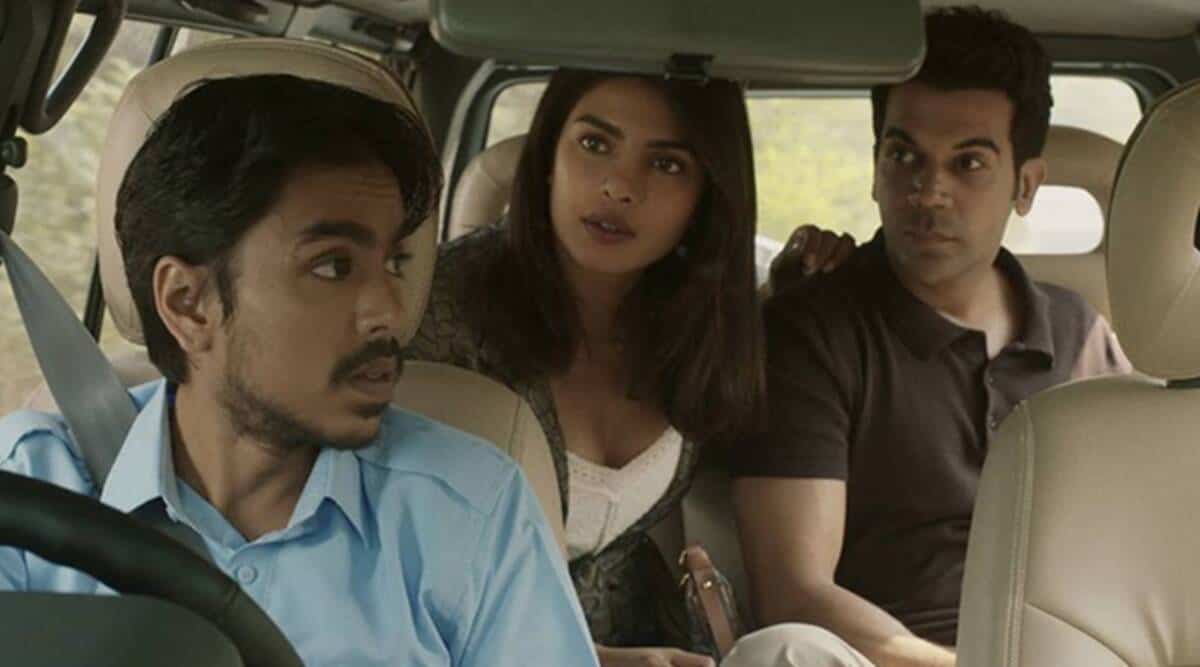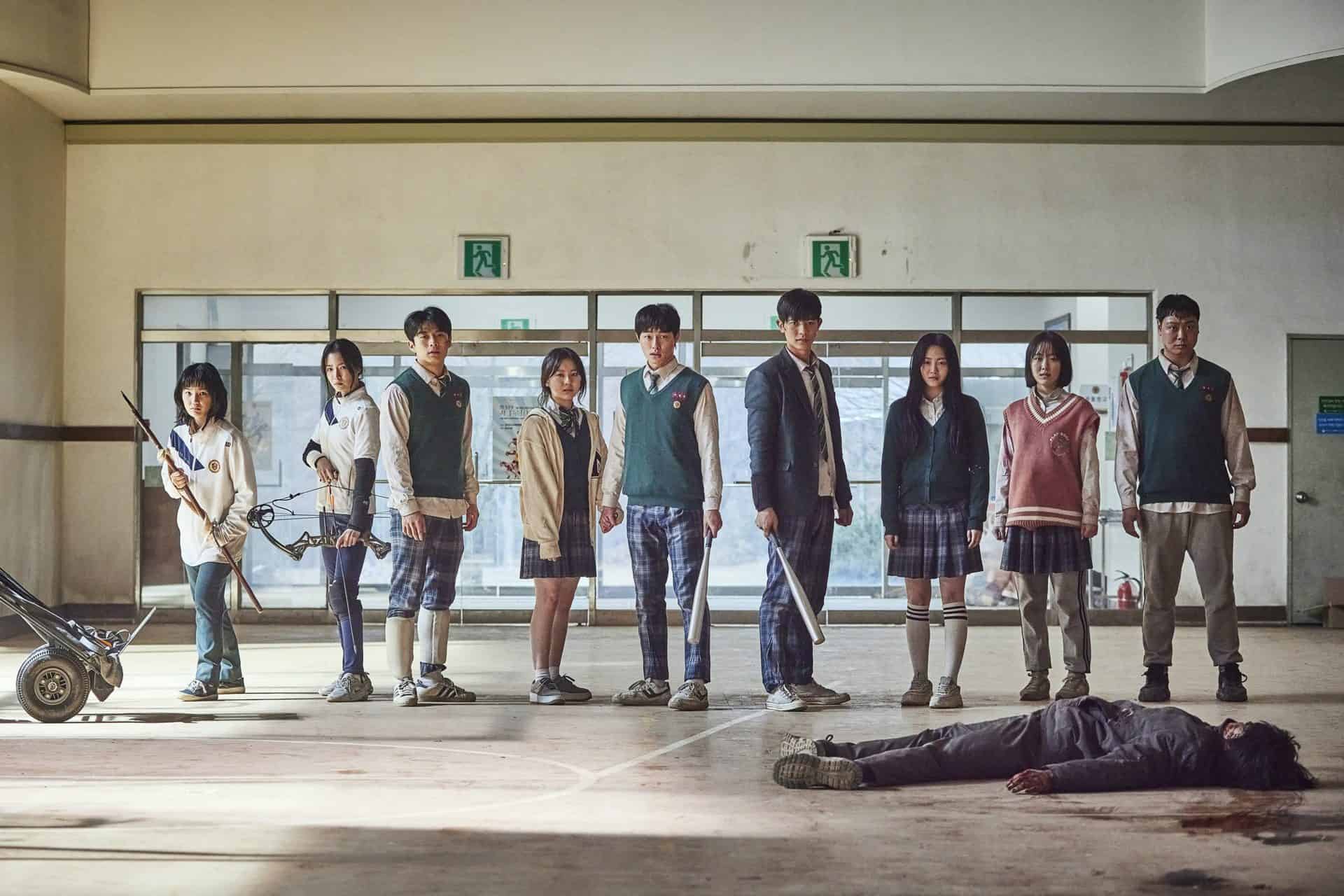The last 10 years have seen director Kazuya Shiraishi rapidly becoming a household name of Japanese cinema. A director who challenges himself with a variety of genres, from crime thriller ”The Devil's Path”, to the Roman porno reboot “Dawn of the Felines”, from the traditional Yakuza movie “The Blood of Wolves” to the docudrama “Dare to Stop Us”, a film particularly dear to him. Shiraishi in fact worked for Wakamatsu's production company in the final years, often daydreaming – as he confessed in an interview – about the militant and hyperactive times of the master's early prolific career. He is also a regular friend of Udine Far East Film Festival and this year he is present for the forth time with his latest effort “One Night”, a layered exploration of a family shattered by guilt and grudge, trying to come to terms with the consequences of violence.
“One Night” is screening at Udine Far East Film Festival 2020

One night everything ends, and everything starts. One stormy night, a mother comes back to her kids to tell them she has just killed her violent, abusive husband and she is about to turn herself in to the police. The family business will be taken care of by her brother and the kids are now free from the paternal nightmare, free to follow their dreams and do what they want in life. But is it what they really wanted?
This shocking flashback from 15 years earlier, opens the narration of “One Night”, a film written by Shiraishi's collaborator Takahashi Izumi and based on a 2011 play by Kuwabara Yuko. Koharu (Tanaka Yuko) is the long-suffering mother, working as driver in the family small taxi company in provincial Japan. A desperate action was the only way she could come out with, to get her kids and herself out of the circle of violence in which they were trapped. An action that, as easily imagined, has profoundly scarred the three children's lives. That promised freedom turned out to be their very prison. Yuji (Satoh Takeru) who wanted to be a writer, works now for a sleazy paper in Tokyo, shy stuttering Daiki (Suzuki Ryohei) struggles in his role of husband and father, not having a role model to follow, and Sonoko (Matsuoka Mayu) failed her dream of becoming a hairstylist and earns money as a call-girl. To numb the pain, the siblings adopt their own poison of choice; alcohol, self loathing, cynical rancor.
On the day of the 15th anniversary of the father's murder, Koharu returns to the family house to the shock of her children, triggering very opposite reactions. Her brother's family has been running the taxi business with care and dedication and they are all welcoming and happy to see Koharu. On the other hand, Sonoko, the most empathic of the three, is aware her mother has saved them from a toxic father figure, but Yuji and Daiki – one more openly, the other less – still resent Koharu for having, in a way, abandoned them. To make things more difficult to handle, the community starts again to harass the family calling Koharu a murderer and vandalising the house following a paper article.
“One Night” explores rather complex issues and emotions, and in doing so manages with grace to refrain from easy conclusions. It is a multi-faced moral conundrum, on both a personal and a social level. No matter the motives, murder is murder and yet we cannot stop wondering what else this woman could have done to fix where society had failed her. At the same time, any of the three point of views of the siblings is understandable and justifiable. In fact, the very lack of an anchor point in the narration, a good-or-bad hook where to secure our reasoning, is the most effective way the story uses to communicate the sense of displacement and utter disorientation of the characters.
Oddly enough, although the focal point of the narration seems to be the mother, this is really a story about fathers; in a reversal of volumes into negative spaces, the lack of a father, the longing for a father figure, the inability to be a father, and the most terrifying of all, the curse of a bad father. To reiterate the latter, “One Night” employs a side plot-line involving a gentle taxi driver with a shady past, who will turn into a cathartic element of the drama. However, the subservient role of women in Japanese society is also underlined here as there is a hint at their ineluctable duty of carer-of-others in any of female characters. As a matter of fact, there is a lot of material being processed and various threads being initiated, at the risk of overtaxing the audience, but all in all, the focus manages to stay consistent.
The cast is a strong feature of this character-centered work. Leading actress Tanaka Yuko enriches her emotionally drained Kahori with a touch of candid absentmindedness, and beside the brilliant trio of the siblings Satoh Takeru, Suzuki Ryohei and Matsuoka Mayu, the whole team of the supporting actors is top notch and their good-hearted, salt-of-the-earth types play an important role in preventing the narrative from turning too bleak. In an introduction to the screening at the Udine Far East Film Festival, director Shiraishi has talked about his casting criteria; he treats his films almost as documentaries and he is always very careful to cast actors that look like real, everyday people; observation is his main tool and obsession. “One Night” doesn't look like a documentary as much as “Dare to Stop Us” but it indeed retains a very realistic feeling, thanks not only to the cast but also to Tsutomu Imamura's obsessively detailed mis en scène and Atsuhiro Nabeshima's authentically gritty photography.
Shiraishi's effort in the classic family drama territory with his multilayered “One Night” affirms once again the director's versatility and consistency.


